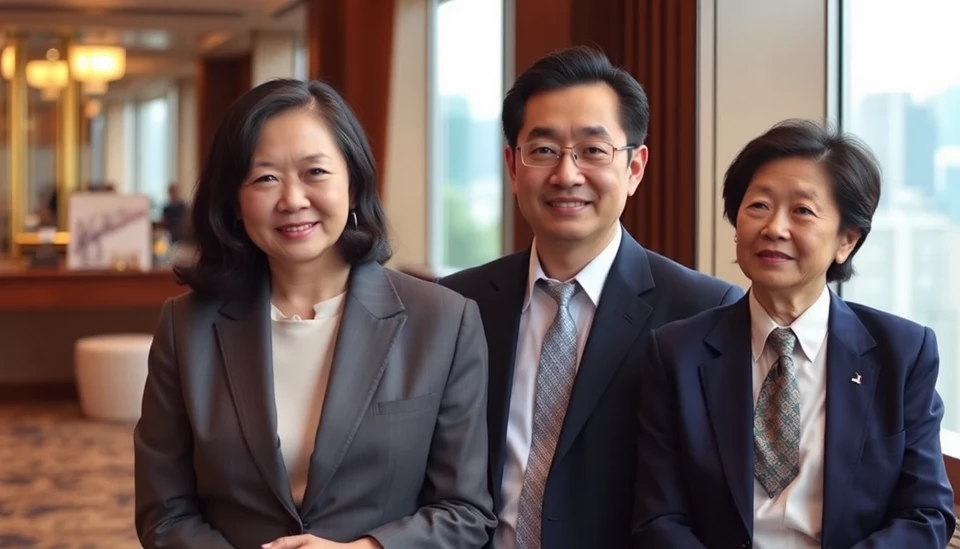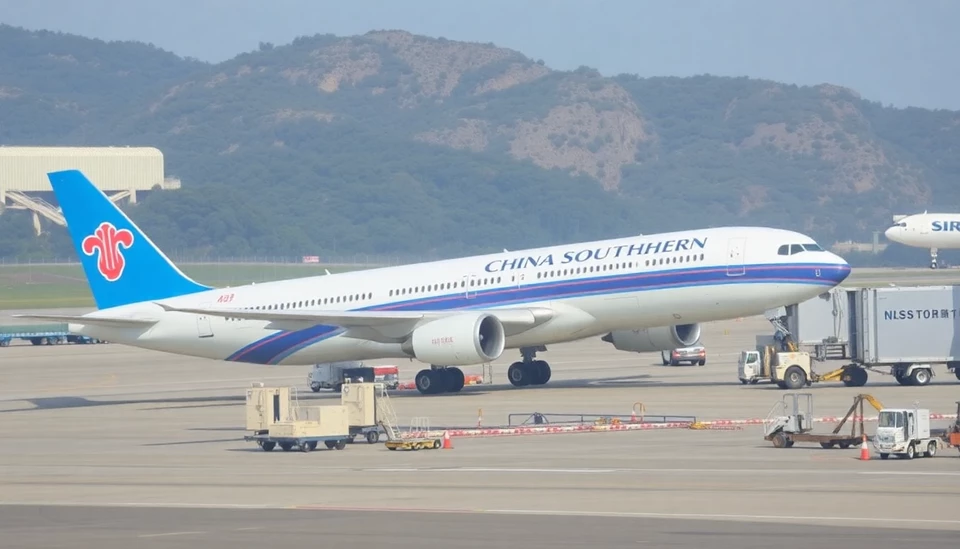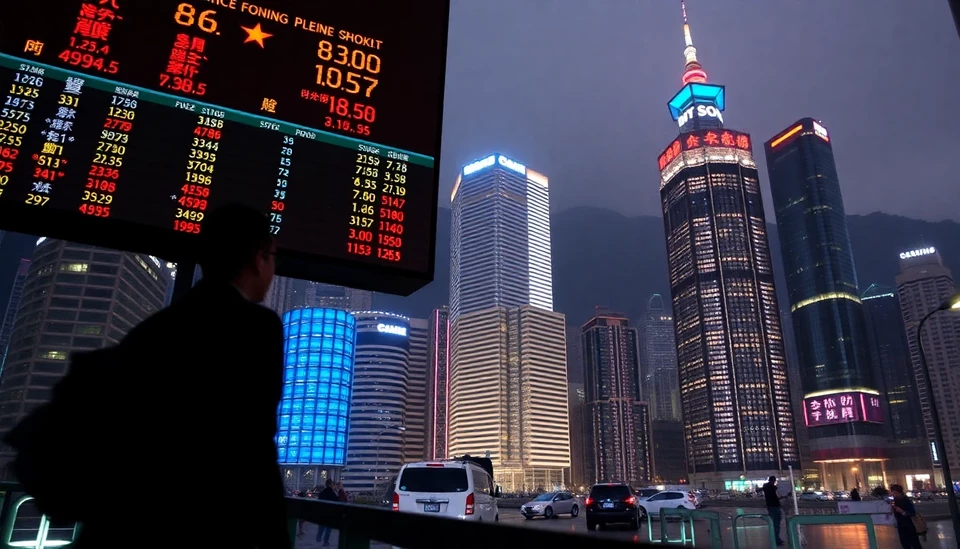
In a dramatic turn of events, a prominent Hong Kong family, known for their extensive wealth and influence, now finds itself embroiled in a significant debt crisis that has reverberated across financial markets. This turmoil reflects larger trends affecting both global finance and local real estate, highlighting vulnerabilities in even the most prosperous sectors.
The family in question has been at the center of Hong Kong’s economic landscape for decades, with previous generations establishing a vast empire that includes luxury real estate developments and diverse business ventures. However, recent changes in market conditions—including rising interest rates and shifting investor sentiments—are exposing cracks in their financial foundations.
As the costs of borrowing increase, the family's liquidity issues have come to the forefront. Reports indicate that their existing debt obligations have begun to outweigh their income, prompting concerns not only among their creditors but also throughout the intertwined web of Hong Kong's elite financial circles. The implications of this financial strain could potentially lead to forced asset sales or restructuring efforts that would disrupt established business relationships and investment strategies.
Market analysts are closely monitoring the fallout from this family’s financial missteps, as it could lead to a ripple effect throughout the real estate sector in Hong Kong, which is already reeling from economic adjustments in the aftermath of the pandemic. The luxury property market, a once-booming sector, has seen demand plummet, resulting in decreased valuations and increased inventory. This scenario has put additional pressure on many wealthy families who rely on real estate as a cornerstone of their wealth portfolio.
In the face of these challenges, financial experts suggest that the family’s next moves will be critical in determining not just their future, but the broader trajectory of the Hong Kong economy. Should they opt for aggressive liquidation strategies, it could further destabilize property prices, impacting sellers and buyers across the market. Conversely, if they manage to navigate their debts through negotiation or restructuring, it might provide a temporary reprieve for the luxury real estate segment.
The urgency of the situation has also attracted the attention of investors looking for potential bargain opportunities amid the turmoil. As the family grapples with their financial issues, potential buyers are casting a critical eye on the family's high-profile assets, contemplating whether current valuations could present a ripe opportunity for investment.
This saga serves as a cautionary tale about the precarious nature of wealth in times of unpredictable economic shifts. What was once a symbol of stability and prosperity is now a lens through which the vulnerabilities of even the wealthiest can be examined. Observers are left questioning whether this debt crisis is an isolated incident or indicative of larger structural issues facing high-net-worth individuals in a changing economic landscape.
As this situation unfolds, stakeholders from the financial sectors to potential investors will be watching closely, eager to gauge the ramifications for Hong Kong’s economy and its real estate market. The eventual outcomes of this crisis may well offer insights into the resilience of wealth amid global economic uncertainties.
In conclusion, the convergence of personal finance pitfalls with broader economic turmoil underscores a stark reality: the landscape of wealth is ever-changing, and the shadows of debt can fall upon even the most elite families, reminding all of the importance of sustainable financial practices.
#HongKong #DebtCrisis #LuxuryRealEstate #FinancialMarkets #WealthManagement #EconomicShift
Author: John Harris




